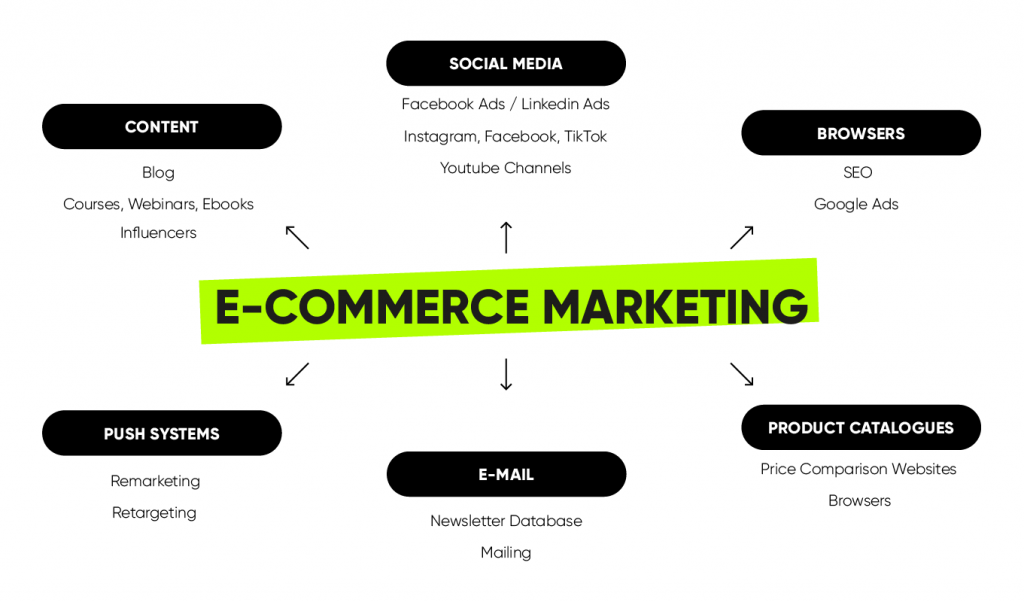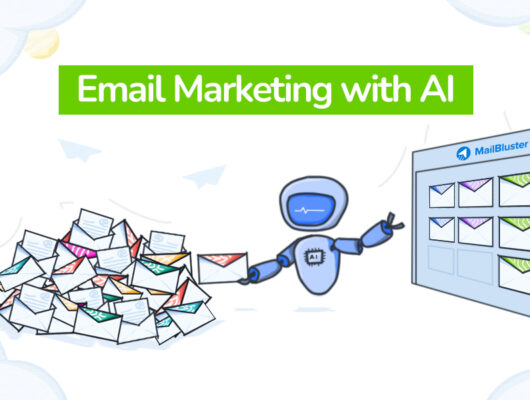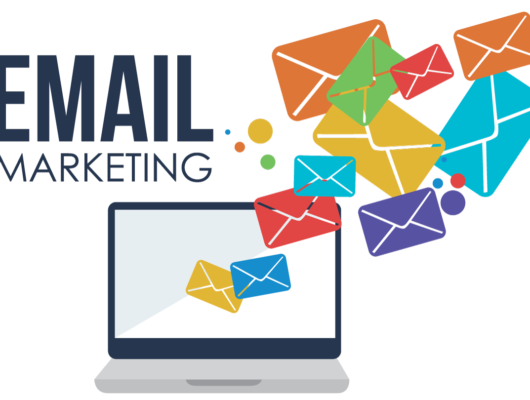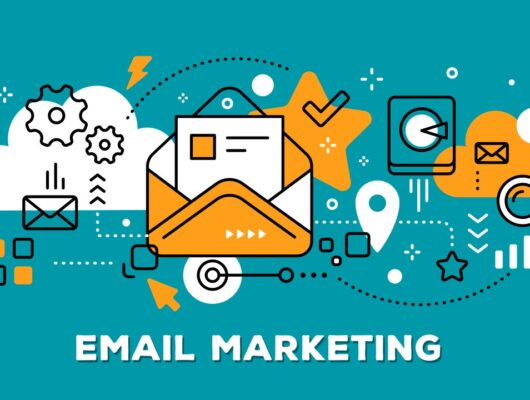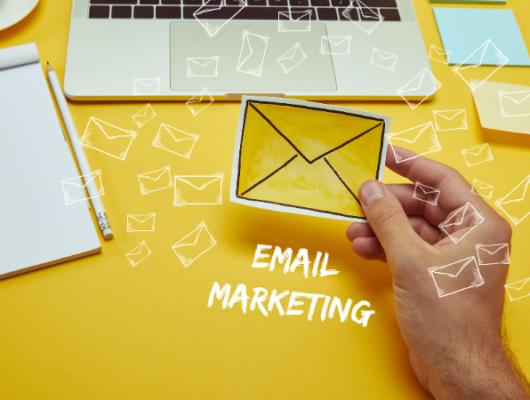The e-commerce landscape is competitive, and businesses need effective marketing strategies to stand out and thrive.
Whether you’re a small online store or a large enterprise, having a strong marketing plan is essential for attracting customers, boosting sales, and building brand loyalty.
In this article, we’ll explore some of the most effective e-commerce marketing strategies that will help you grow your online business.
Why E-Commerce Marketing Strategies Matter
- Increase Visibility: Reach new customers and get your brand in front of a larger audience.
- Improve Conversion Rates: Use targeted tactics to turn visitors into paying customers.
- Build Customer Loyalty: Engage with existing customers and encourage repeat business.
- Enhance Customer Experience: Make shopping easy and enjoyable, leading to higher customer satisfaction.
Top E-Commerce Marketing Strategies for Success
1. Optimize Your Website for Conversion
- Why It Matters: Your website is the heart of your e-commerce business, and optimizing it for conversions can significantly increase sales.
- Tips:
- Simplify the navigation to make it easy for customers to find products.
- Add clear and compelling calls-to-action (CTAs) to guide visitors toward purchasing.
- Ensure your site is mobile-friendly, as a large portion of online shoppers use mobile devices.
- Use high-quality images and videos to showcase your products and enhance their appeal.
- Optimize the checkout process to minimize friction and cart abandonment.
2. Implement Search Engine Optimization (SEO)
- Why It Matters: SEO is key to driving organic traffic to your site, ensuring your products appear in relevant search results.
- Tips:
- Conduct keyword research to understand what your target audience is searching for.
- Optimize product descriptions, meta tags, and titles for relevant keywords.
- Create high-quality blog content that addresses your customers’ needs and includes long-tail keywords.
- Focus on building backlinks from reputable sources to improve domain authority.
- Ensure your website’s speed and user experience are optimized to meet Google’s ranking criteria.
3. Use Paid Advertising for Immediate Results
- Why It Matters: Paid advertising can help you quickly reach a targeted audience, drive traffic to your site, and boost sales.
- Tips:
- Run Google Shopping Ads to showcase your products directly in search results.
- Create Facebook and Instagram ad campaigns tailored to specific customer demographics and interests.
- Use retargeting ads to remind visitors who didn’t convert about your products, offering discounts or promotions to entice them back.
- Test different ad formats (carousel, video, etc.) to determine what resonates best with your audience.
4. Leverage Social Media Marketing
- Why It Matters: Social media is one of the most powerful tools for building brand awareness and engaging with potential customers.
- Tips:
- Post regularly on platforms like Instagram, Facebook, Pinterest, and TikTok to keep your audience engaged.
- Use shoppable posts that allow users to buy directly from your social media profiles.
- Engage with your audience through comments, polls, and user-generated content (UGC) to build trust and community.
- Collaborate with influencers who align with your brand values to extend your reach and credibility.
5. Create a Strong Email Marketing Campaign
- Why It Matters: Email marketing allows you to nurture relationships with customers, increase retention, and drive repeat purchases.
- Tips:
- Segment your email list to send personalized and relevant content to different customer groups.
- Use automated emails for cart abandonment, order confirmation, and personalized product recommendations.
- Offer exclusive deals, discounts, and loyalty rewards to subscribers to increase engagement.
- Regularly analyze email performance metrics such as open rates, click-through rates, and conversions to optimize your campaigns.
6. Implement Referral and Affiliate Programs
- Why It Matters: Referral and affiliate programs encourage your existing customers and influencers to promote your products, expanding your reach.
- Tips:
- Offer incentives such as discounts or rewards for customers who refer friends and family.
- Set up an affiliate marketing program where bloggers and influencers can earn commissions for driving sales.
- Provide affiliates with unique tracking links and marketing materials to ensure easy promotion.
7. Focus on Customer Reviews and Social Proof
- Why It Matters: Customer reviews and testimonials provide social proof that can influence potential buyers and build trust.
- Tips:
- Encourage customers to leave reviews after purchasing products by sending follow-up emails.
- Showcase positive reviews on your product pages and social media to enhance credibility.
- Use user-generated content (UGC) such as photos and videos of customers using your products to increase trust and engagement.
8. Run Flash Sales and Limited-Time Offers
- Why It Matters: Flash sales and time-sensitive offers create urgency, prompting customers to make a purchase quickly.
- Tips:
- Offer discounts on select items for a limited time to entice shoppers to act fast.
- Promote flash sales via email, social media, and website banners to increase visibility.
- Use countdown timers on your website to add a sense of urgency and encourage immediate purchases.
9. Utilize Content Marketing
- Why It Matters: Content marketing helps educate your audience, build trust, and improve your SEO rankings.
- Tips:
- Create how-to guides, product tutorials, and blog articles that address common customer pain points and questions.
- Share valuable content on social media and through your email newsletters.
- Incorporate visual content, such as infographics and videos, to make your posts more engaging and shareable.
10. Enhance Customer Service and Experience
- Why It Matters: Providing excellent customer service and an exceptional shopping experience increases customer satisfaction and retention.
- Tips:
- Offer multiple communication channels such as live chat, email support, and phone support to assist customers in real-time.
- Provide a hassle-free return and exchange policy to build trust and reduce friction.
- Create an intuitive, user-friendly website with a simple and secure checkout process.
Tools to Support Your E-Commerce Marketing Strategies
- Google Analytics: For tracking website performance and customer behavior.
- Klaviyo: For email marketing and automation.
- Hootsuite: For social media scheduling and management.
- Shopify or WooCommerce: For building and managing your online store.
- SEMrush or Ahrefs: For SEO analysis and competitor research.
Conclusion
Successful e-commerce marketing requires a multifaceted approach that combines SEO, paid advertising, social media, email marketing, and more.
By implementing these proven strategies and continuously refining your efforts, you can drive more traffic, increase conversions, and build long-term customer loyalty.
Start small, track your results, and scale your marketing strategies as you grow.
Would you like help with creating a detailed marketing plan or setting up any specific campaigns for your e-commerce business? Let me know!


